Reliable Home Care Products for Everyday Support
Explore trusted home care and health care equipment that improves comfort, safety, and independence for people receiving care at home.
Summary
Home care plays a critical role in enabling individuals to live safely and comfortably in their own environments while managing medical conditions, recovering from surgery, or ageing in place. With the right equipment and support tools, home-based care becomes more efficient and less physically demanding for both carers and recipients.
This guide outlines a range of home care products, their practical uses, and how to choose the right solutions for your unique situation. Whether you're sourcing home healthcare equipment for yourself, a family member, or a professional care setting, you'll find relevant advice and product information here.
Understanding Home Care Needs
Home care is a broad term that covers both clinical and non-clinical services provided in a residential setting. It includes everything from wound care and medication management to personal care and mobility assistance. The right home care products support independence, minimise injury risk, and promote better quality of life.
Individuals who benefit from home care include:
- Seniors managing chronic illnesses or mobility issues
- Patients recovering from surgery or hospitalisation
- People with disabilities requiring long-term support
- Individuals under palliative or aged care plans
To meet these needs, products range from medical beds and hygiene aids to adaptive tools and mobility supports. Selecting the right combination enhances comfort, safety, and the effectiveness of care delivery at home.
Types of Home Care Products and Equipment
There are several categories of home healthcare products and tools designed to support users and carers in a domestic environment. These products reduce the need for frequent hospital visits and empower individuals to maintain autonomy.
-
1. Mobility and Transfer Aids
For users with limited movement or strength, mobility aids reduce the risk of falls and ease navigation around the home. Key equipment includes:
- Wheelchairs and walkers
- Transfer boards and hoists
- Bed and chair risers
These tools improve movement between rooms, reduce strain on carers, and support independence in performing daily activities.
-
2. Medical and Monitoring Equipment
Maintaining health at home often involves regular checks and equipment. Reliable home health equipment helps monitor vital signs and manage medical conditions efficiently.
Examples include:- Blood pressure monitors
- Thermometers
- Oxygen saturation monitors (pulse oximeters)
- Medication dispensers
Access to this equipment ensures early detection of issues and allows healthcare professionals to track progress remotely.
-
3. Hygiene and Incontinence Support
Ensuring cleanliness and dignity is a core part of home care. Useful products in this category include:
- Bedside commodes
- Shower chairs and stools
- Incontinence pads and waterproof bedding
- Raised toilet seats
These home health care products assist people who face difficulties accessing or using standard bathroom facilities safely.
-
4. Daily Living Aids
A range of assistive tools make everyday tasks easier for those with reduced dexterity or strength. These products may include:
- Long-handled reachers
- Utensils with adaptive grips
- Dressing aids and button hooks
- Over-bed tables and adjustable trays
Such tools support users in eating, dressing, and grooming with greater independence.
Accessing Home Care Products in Australia
Australia offers several pathways for accessing quality home care equipment, including private purchase, government funding, and hire options.
1. Buying from Reputable Retailers
Medical supply stores and specialist healthcare providers offer a broad range of home health care products for sale. Many retailers provide:
- Delivery and setup assistance
- Product training for carers
- Customer service for maintenance or repairs
Search for terms like “home care products near me” or “medical equipment supply near me” to find trusted local suppliers.
2. NDIS and Aged Care Funding
If the user is an NDIS participant or part of an aged care program, equipment may be funded under assistive technology supports. This can include mobility aids, hygiene items, and safety modifications.
3. Hiring Equipment
Hiring is suitable for short-term needs such as recovery from surgery or trial use before buying. Common hire items include:
- Shower chairs
- Wheelchairs
- Walking aids
- Adjustable beds
Always choose a supplier that offers safe, sanitised equipment and flexible return options.
Featured Products
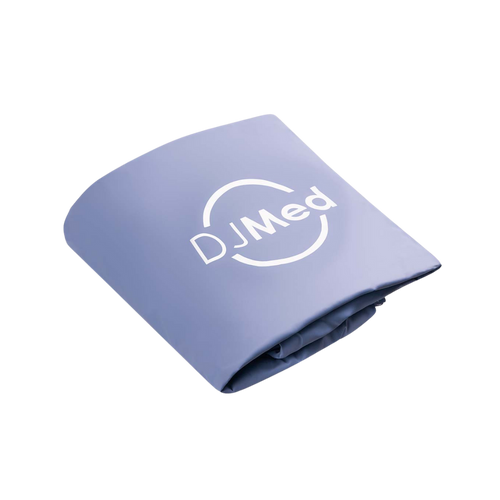
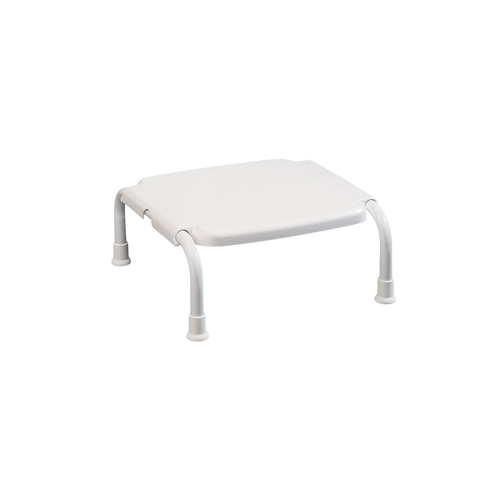
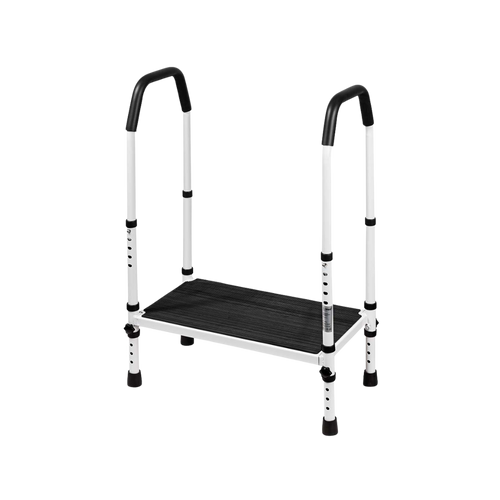
Choosing the Right Equipment for Your Home Care Setting
Every person receiving home care has different physical, cognitive, and environmental needs. Choosing appropriate home care equipment requires a tailored approach that considers the following:
1. Health Condition and Functional Limitations
Understand the specific limitations involved—such as reduced mobility, cognitive decline, or vision impairment—and select products that address those challenges.
2. Living Environment
Evaluate the home layout to determine space availability, safety risks, and installation requirements. Equipment like shower chairs or adjustable beds should be matched to the existing home infrastructure.
3. Care Frequency and Support Level
Is care provided full-time, part-time, or intermittently? Equipment should match the frequency of use. Some users may benefit from higher-spec solutions like electric profiling beds, while others may only need lightweight aids.
4. Portability and Storage
Choose equipment that folds, stores easily, or is portable if it’s shared among carers or used in multiple rooms.
5. Safety and Compliance
Ensure all items are compliant with Australian safety standards and, where applicable, registered with the Therapeutic Goods Administration (TGA).
Setting Up a Safe and Functional Home Care Space
Creating a care-friendly environment requires more than just the right products—it’s about ensuring a layout and routine that work for both the user and the carer.
Tips for Setup:
- Declutter pathways to allow mobility aids easy access.
- Install grab bars in high-risk areas like bathrooms and stairs.
- Keep frequently used items within reach to reduce bending or reaching.
- Ensure adequate lighting throughout the home to prevent falls.
- Use colour-coded or labelled containers for medications and supplies.
Working with an occupational therapist can help assess the home and recommend appropriate home healthcare equipment.
FAQs About Home Care Products
Q: What’s the difference between home care and home health care products? Home care products support daily living activities, while home health care products typically relate to medical needs, such as monitoring and hygiene support.
Q: Can I access aged care equipment through government programs?
Yes. Depending on eligibility, equipment may be funded via the NDIS, My Aged Care, or DVA. Always consult your case manager or healthcare provider for personalised advice.
Q: What are the most essential products for basic home care?
Common essentials include a walking frame, shower chair, raised toilet seat, and a bed support rail.
Q: How do I find home care products near me?
Look for certified medical suppliers in your area or online retailers that offer delivery and product support across Australia.
Q: Can home care products be returned or exchanged?
Policies vary. Reputable suppliers usually offer returns on non-used or non-customised items, especially if size or function is unsuitable.
Conclusion
Home care is a vital service for individuals who require ongoing assistance with mobility, hygiene, and medical management in a familiar setting. With the right home care products and equipment, it is possible to maintain independence, dignity, and comfort while receiving support at home.
From adaptive utensils and hygiene tools to mobility aids and safety features, each piece of equipment contributes to a safer and more effective care routine. Partnering with trusted suppliers ensures access to compliant, purpose-built tools suited to the specific needs of users and their carers.
Empower safer, more independent home care with quality products tailored to your needs.
Explore our full range of home health care equipment.
📞 Call 1300 615 193 or order online at our website.
Home care products support safe, comfortable and independent living for people receiving care at home. This collection includes practical home care equipment designed to reduce fall risk, support daily routines, and ease physical strain for both users and carers. Suitable for recovery, ageing in place, disability support and ongoing care, these solutions help deliver reliable care in familiar surroundings.
Items included in this home care collection:
- Mobility and transfer aids for safer movement around the home
- Bathroom and hygiene supports including shower stools and toilet aids
- Daily living aids for dressing, reaching and meal support
- Home health monitoring equipment for everyday wellbeing
- Safety and access aids to reduce slips and falls
- Easy-to-clean home care essentials for carers and families
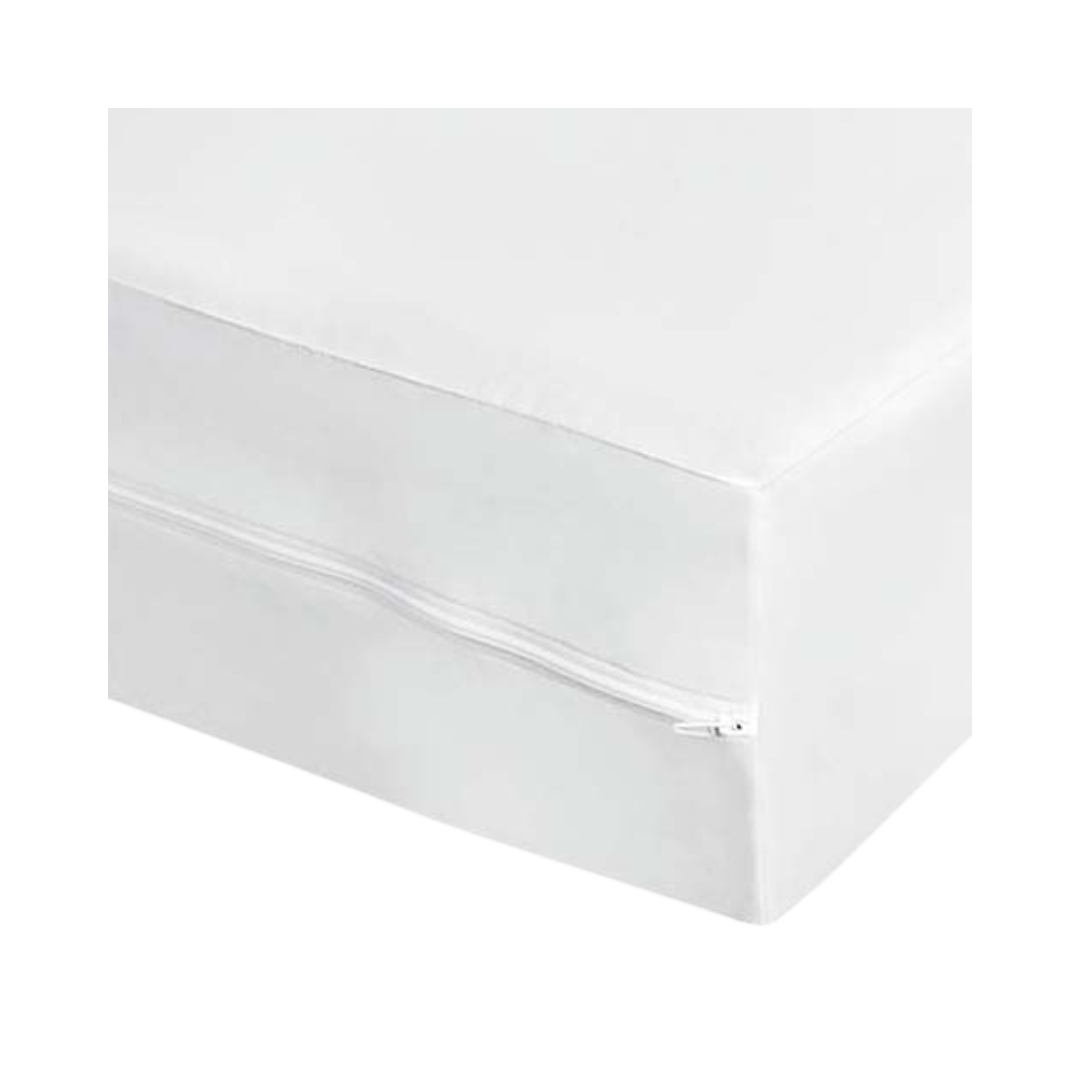
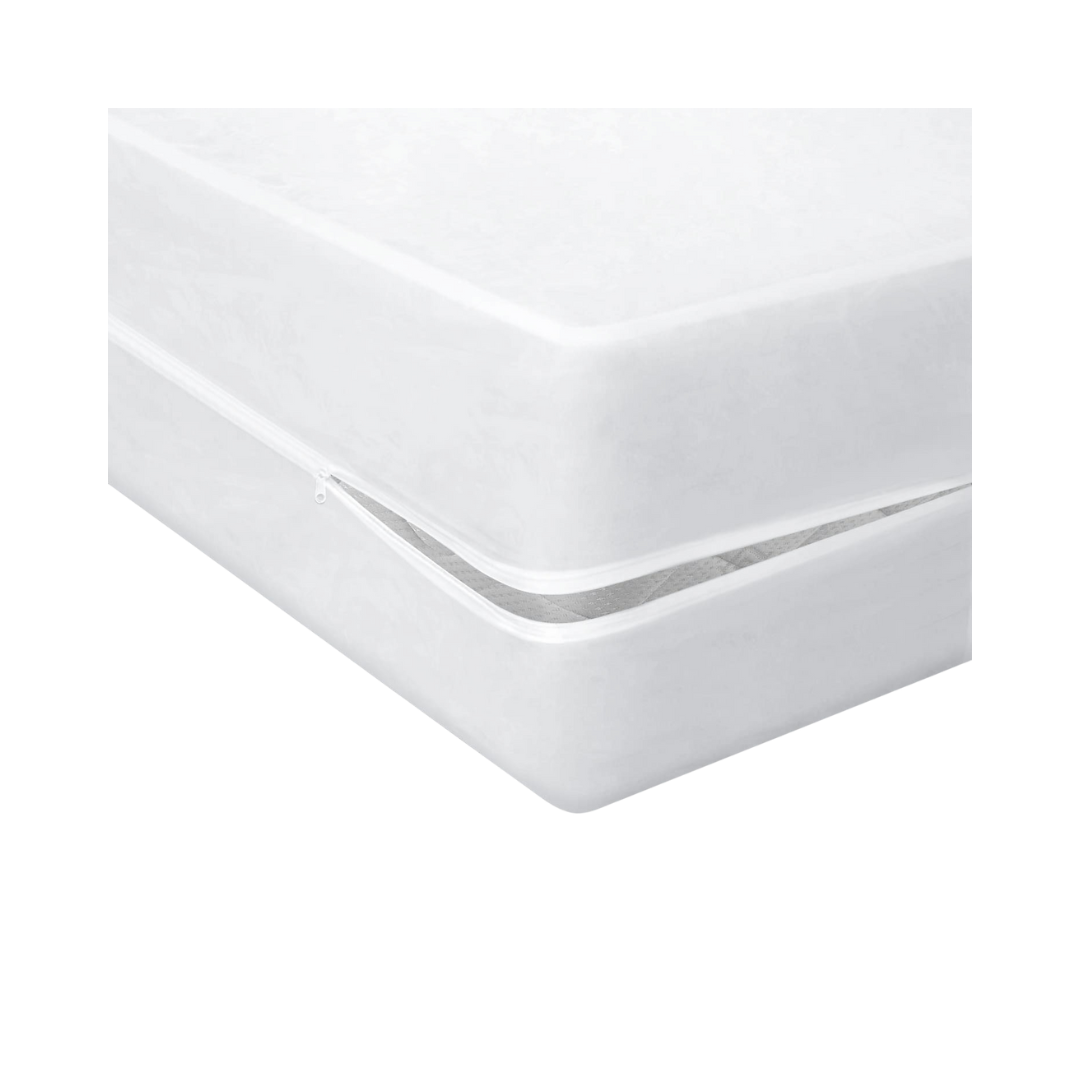
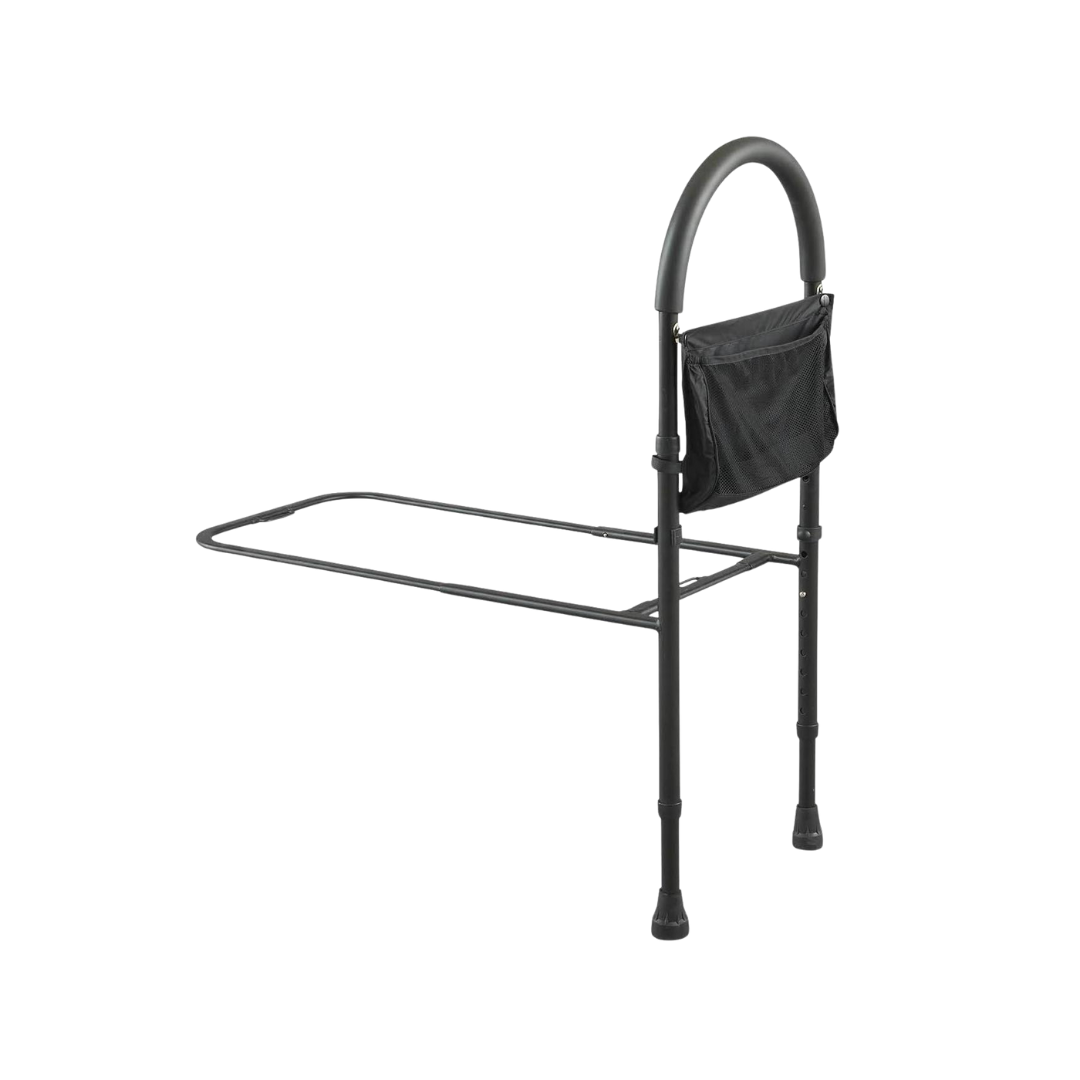
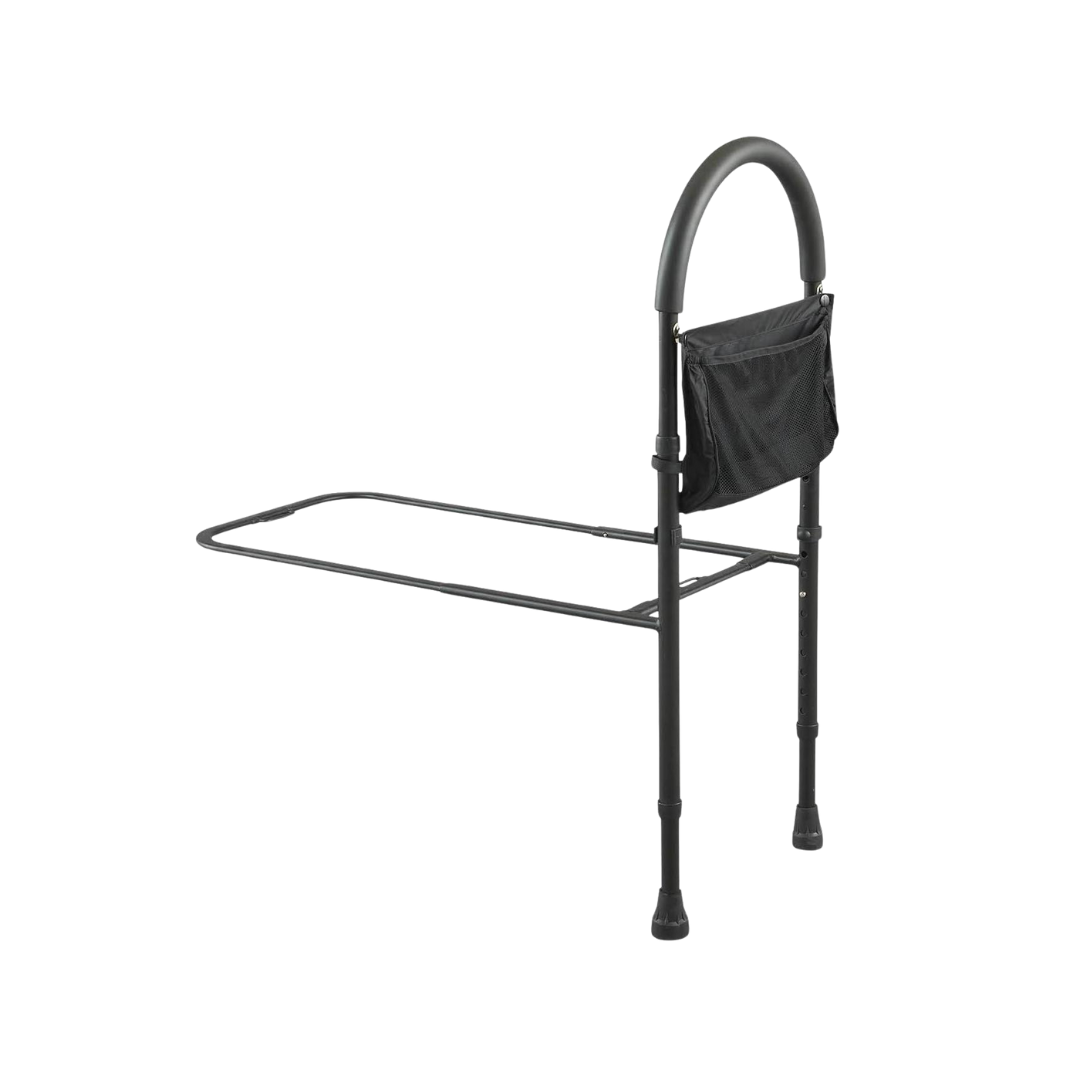
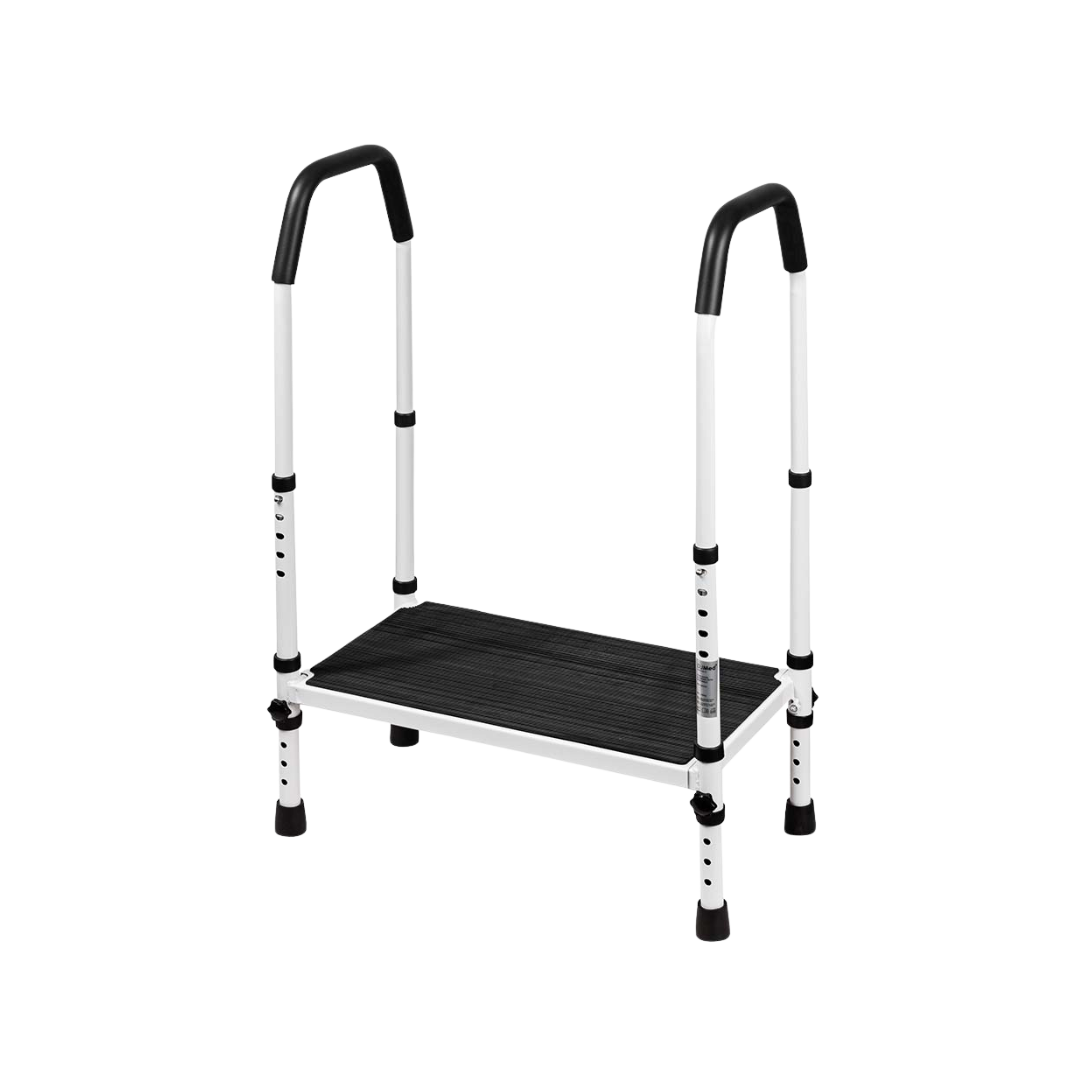
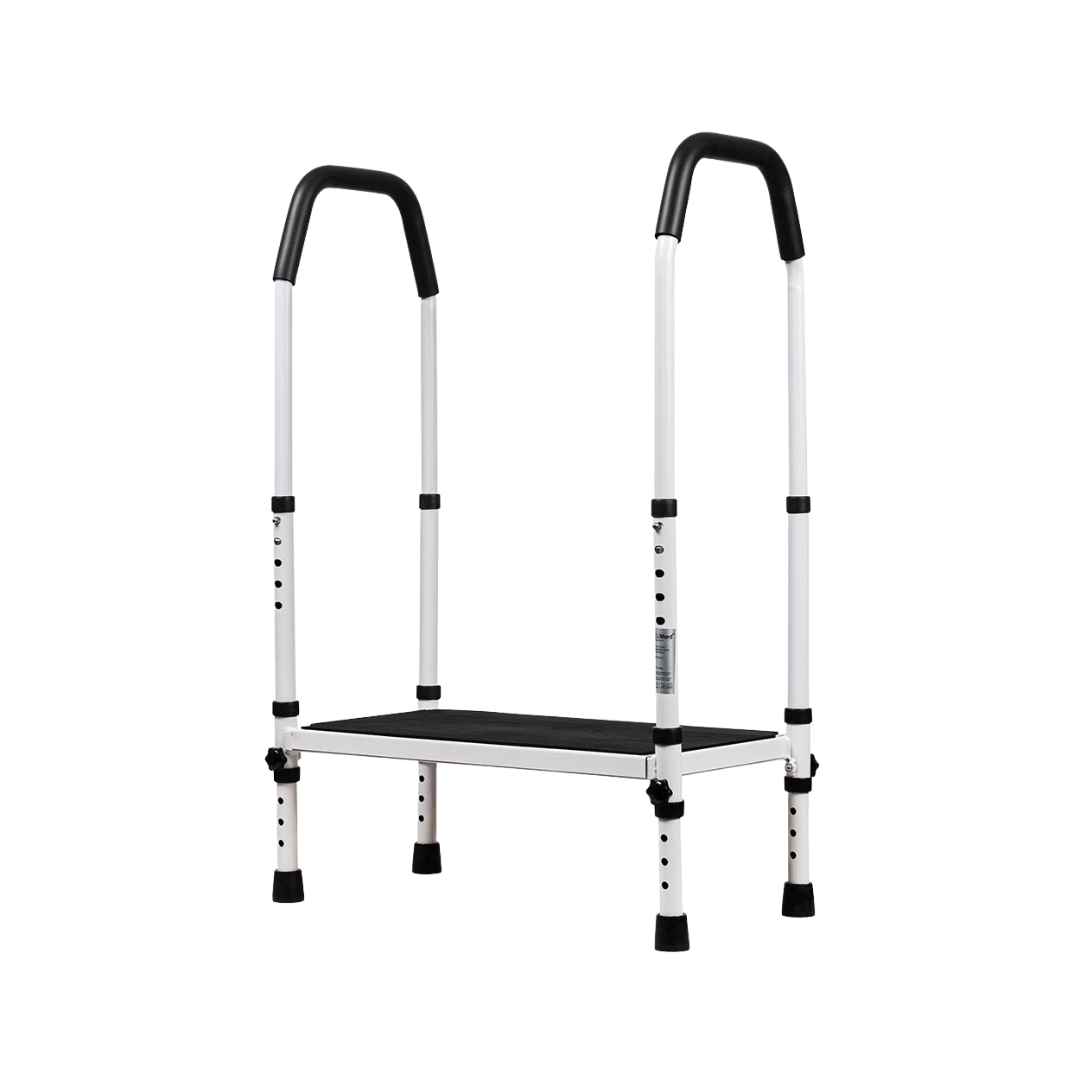
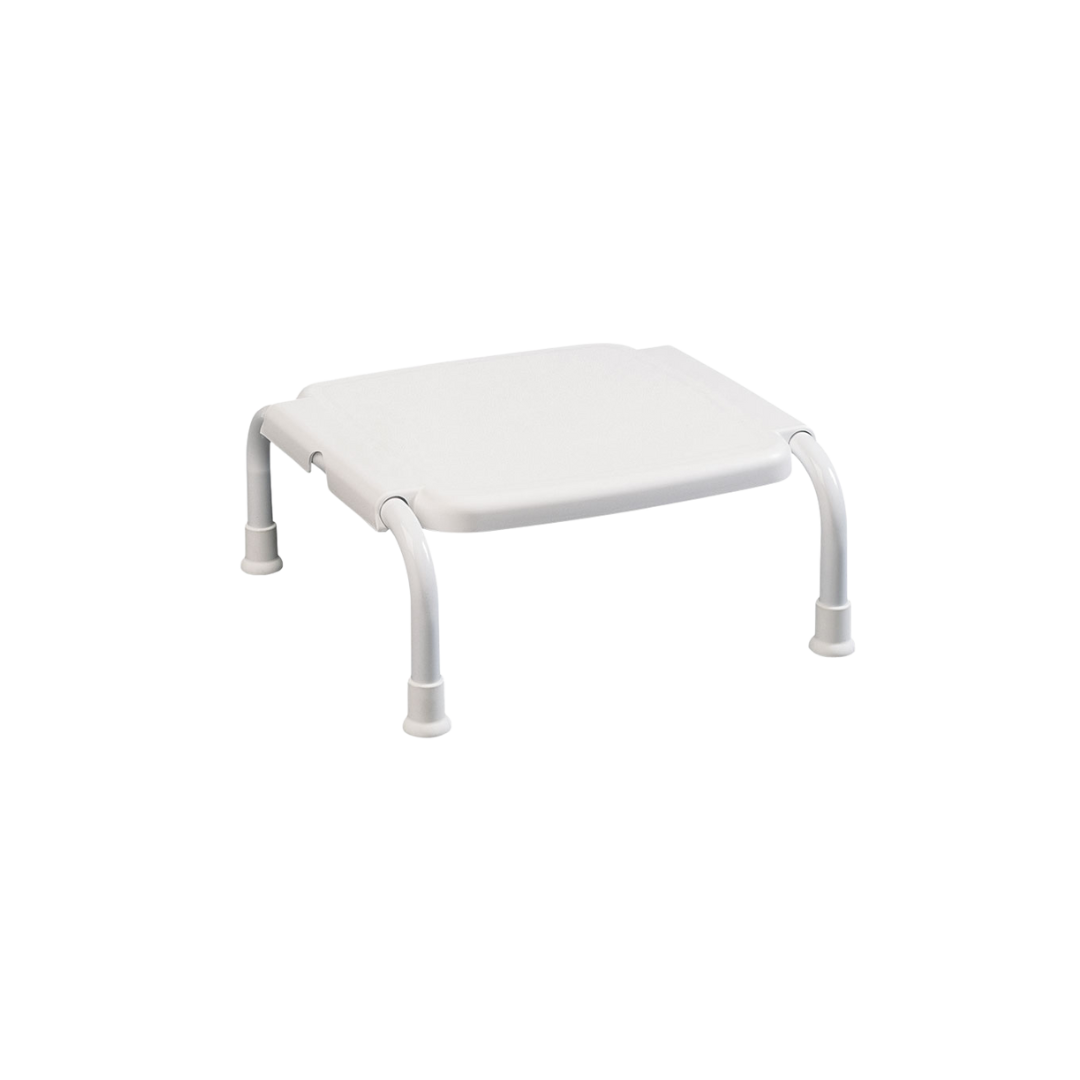
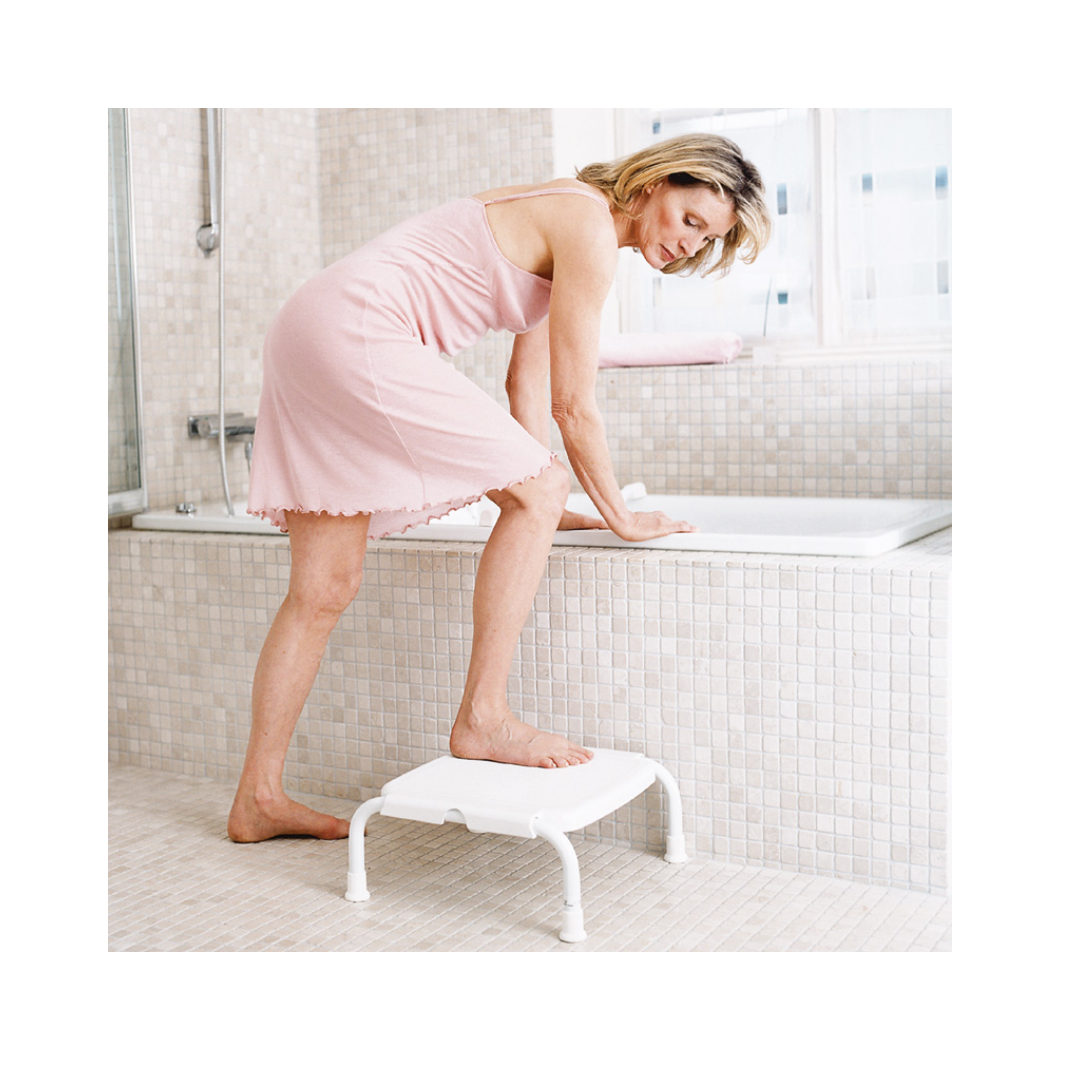
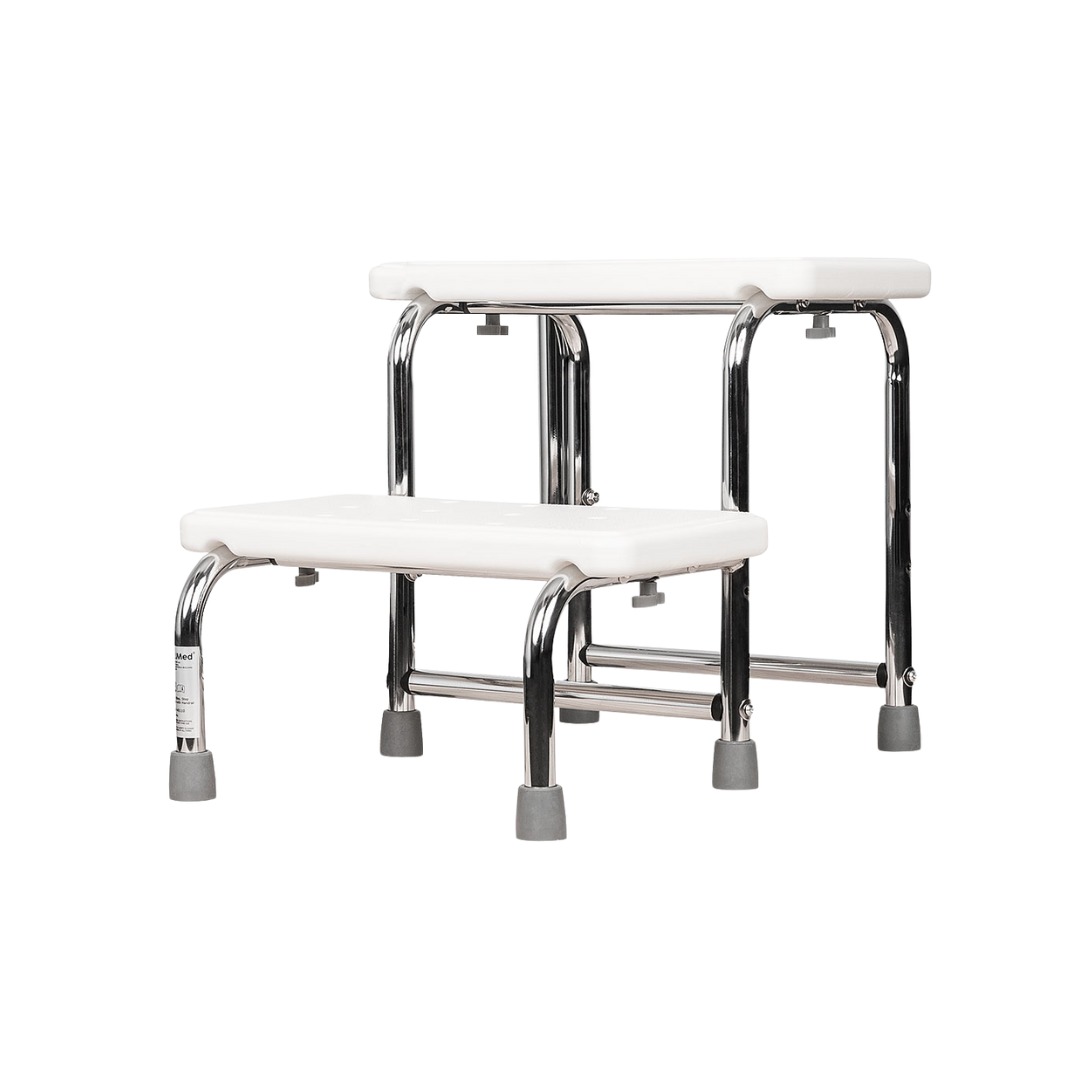
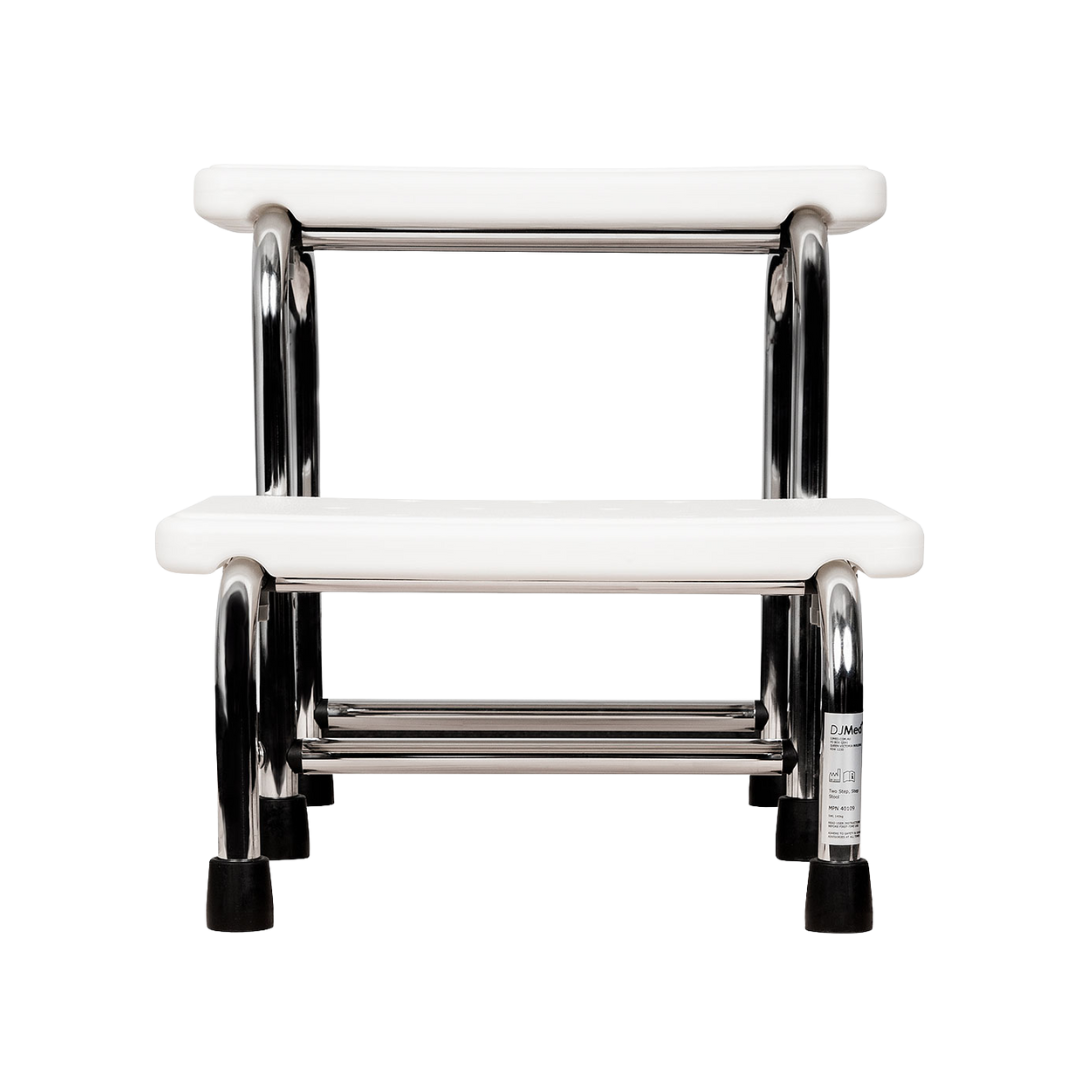
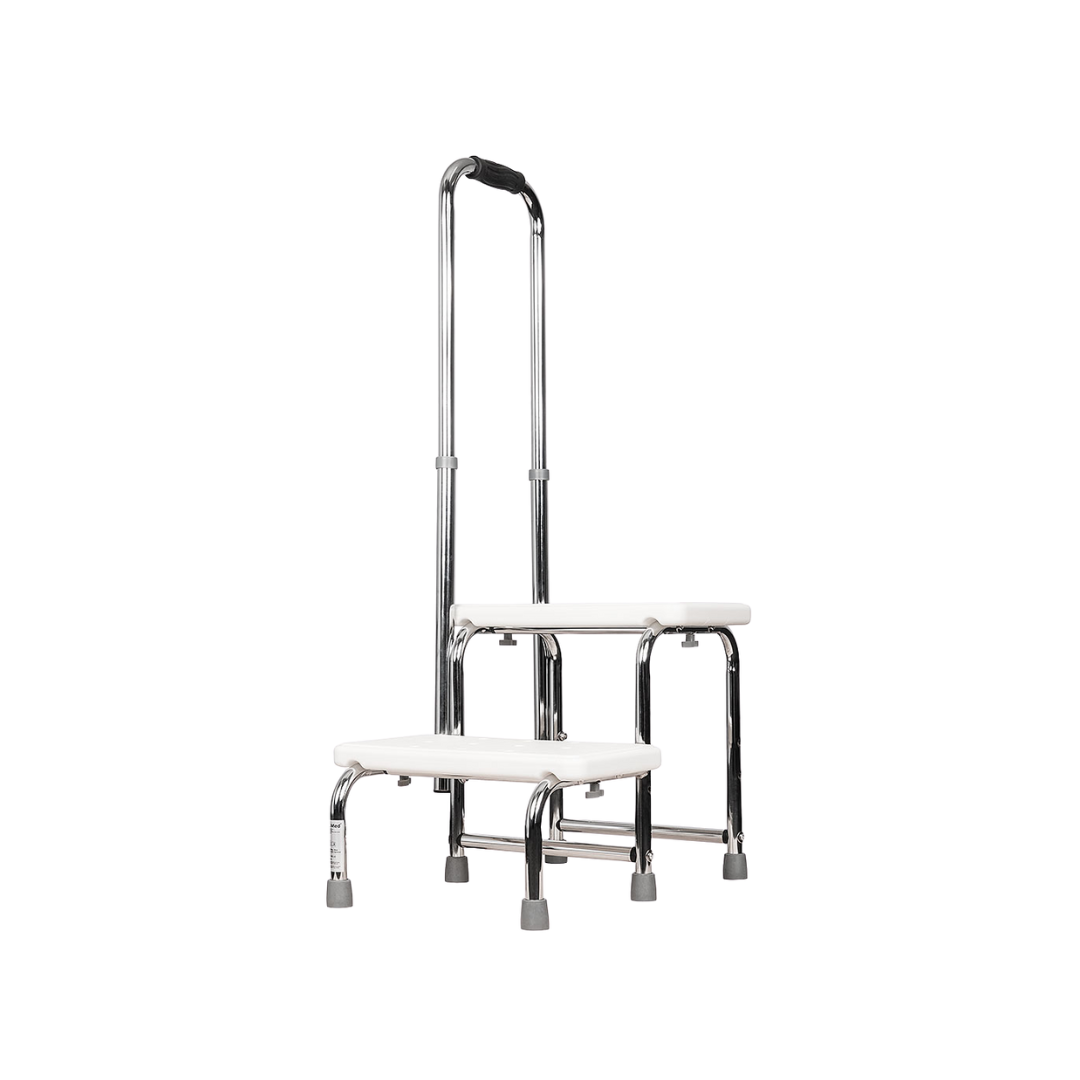
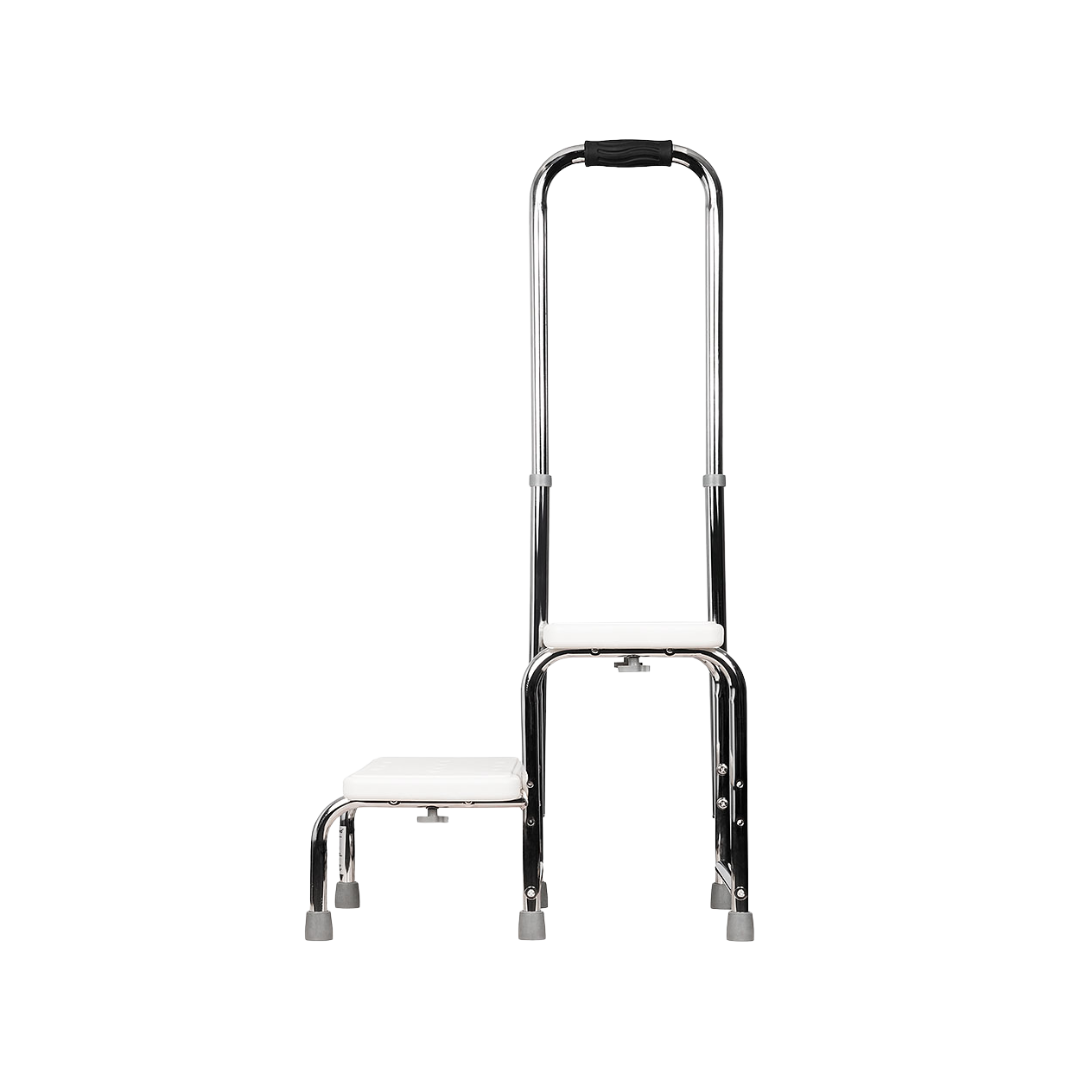
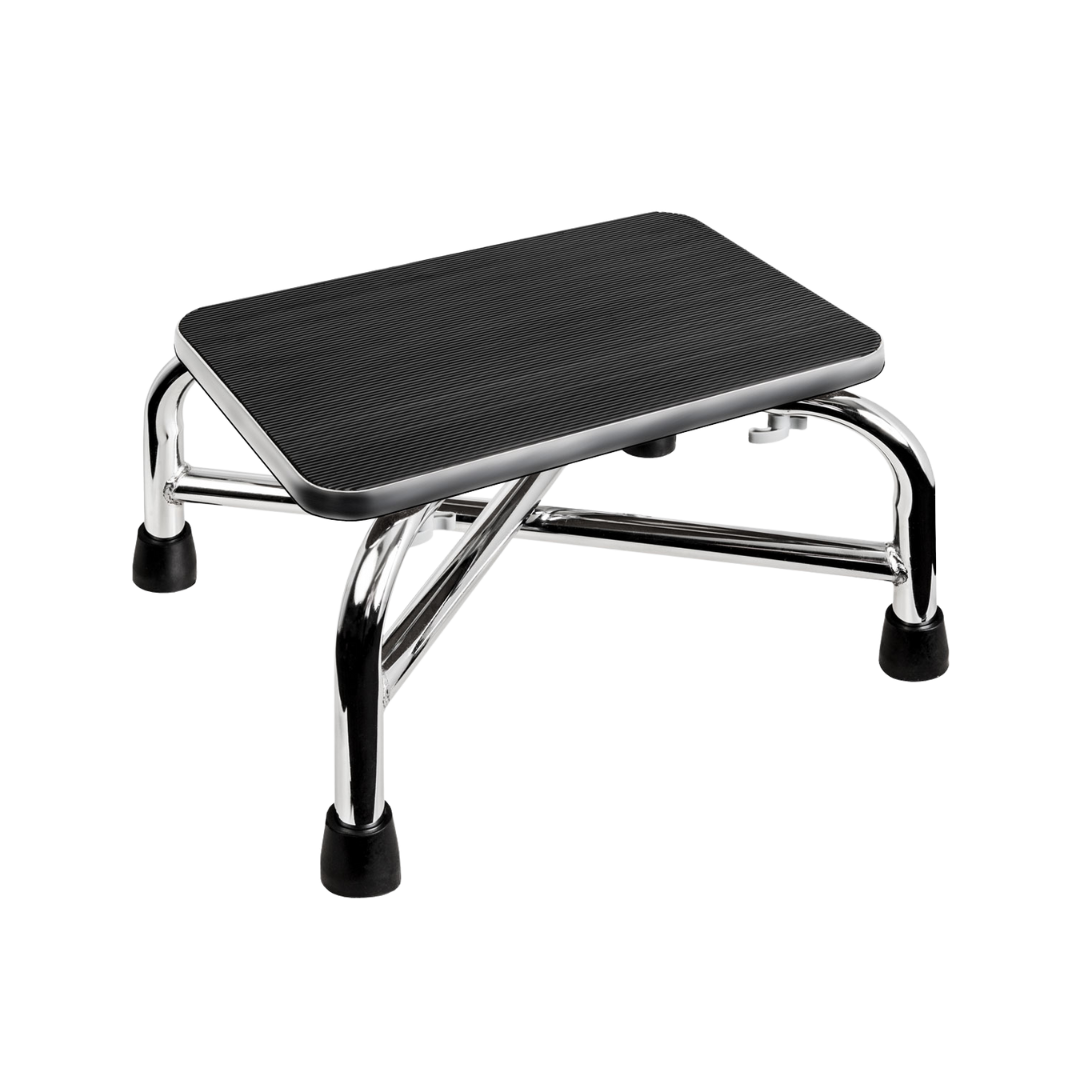
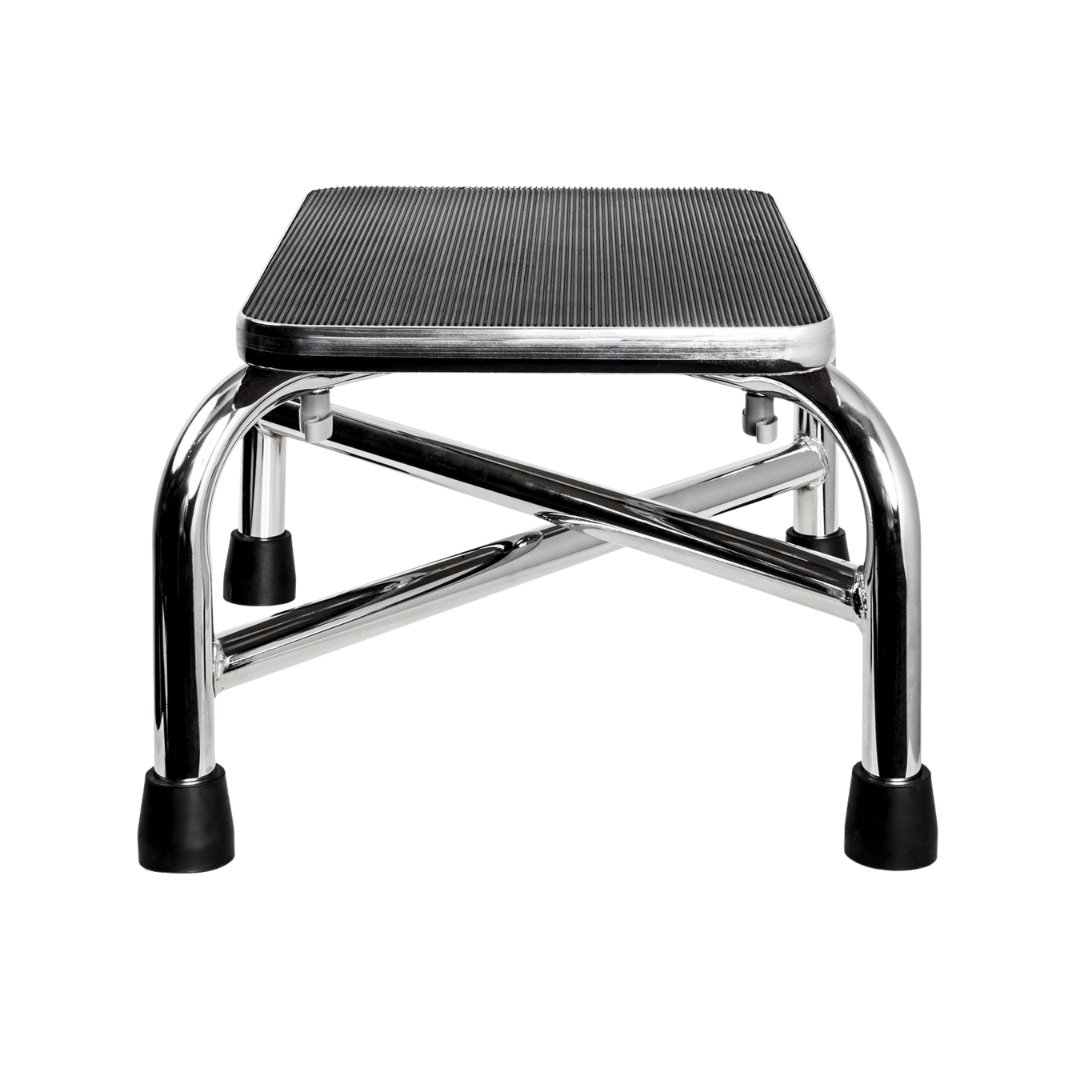
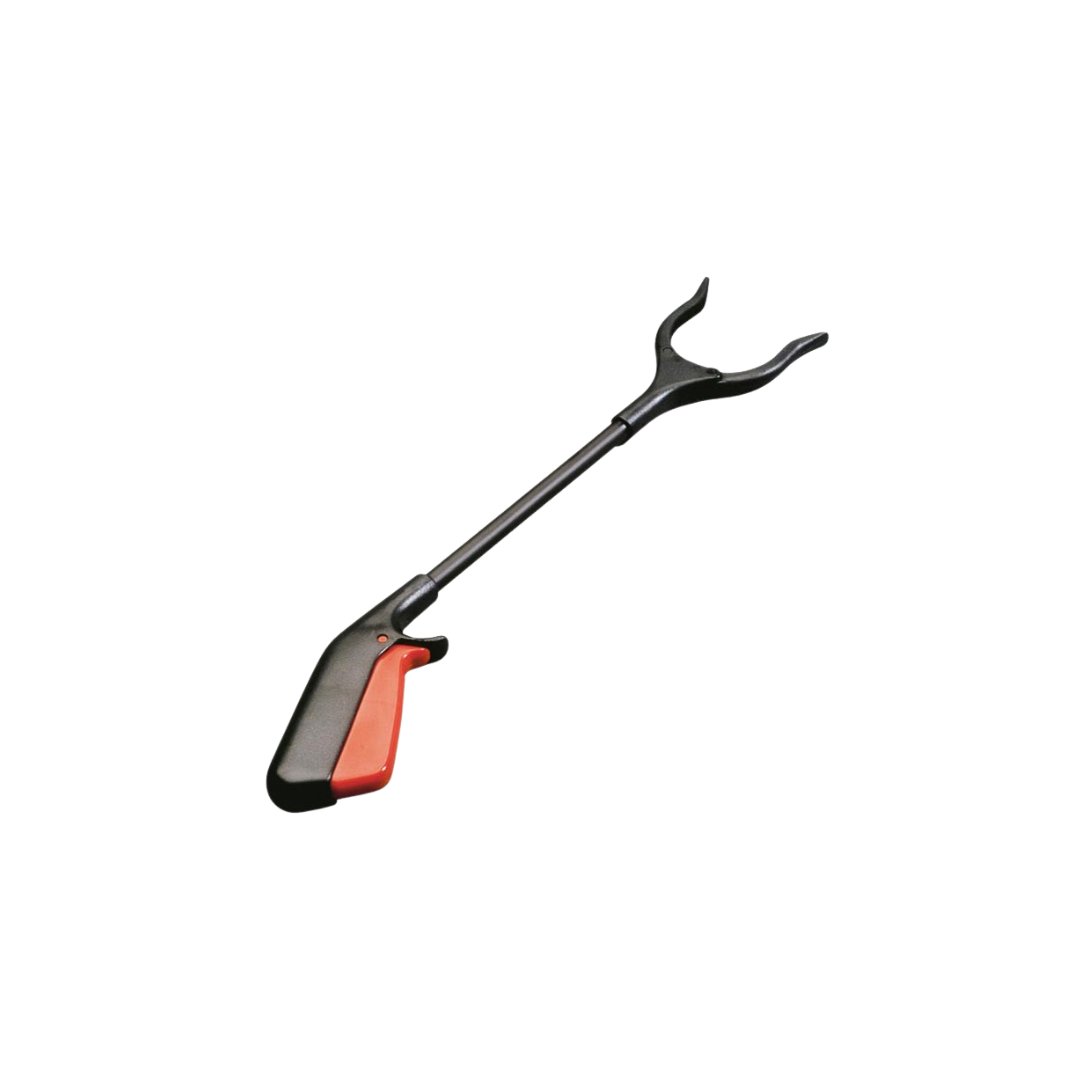
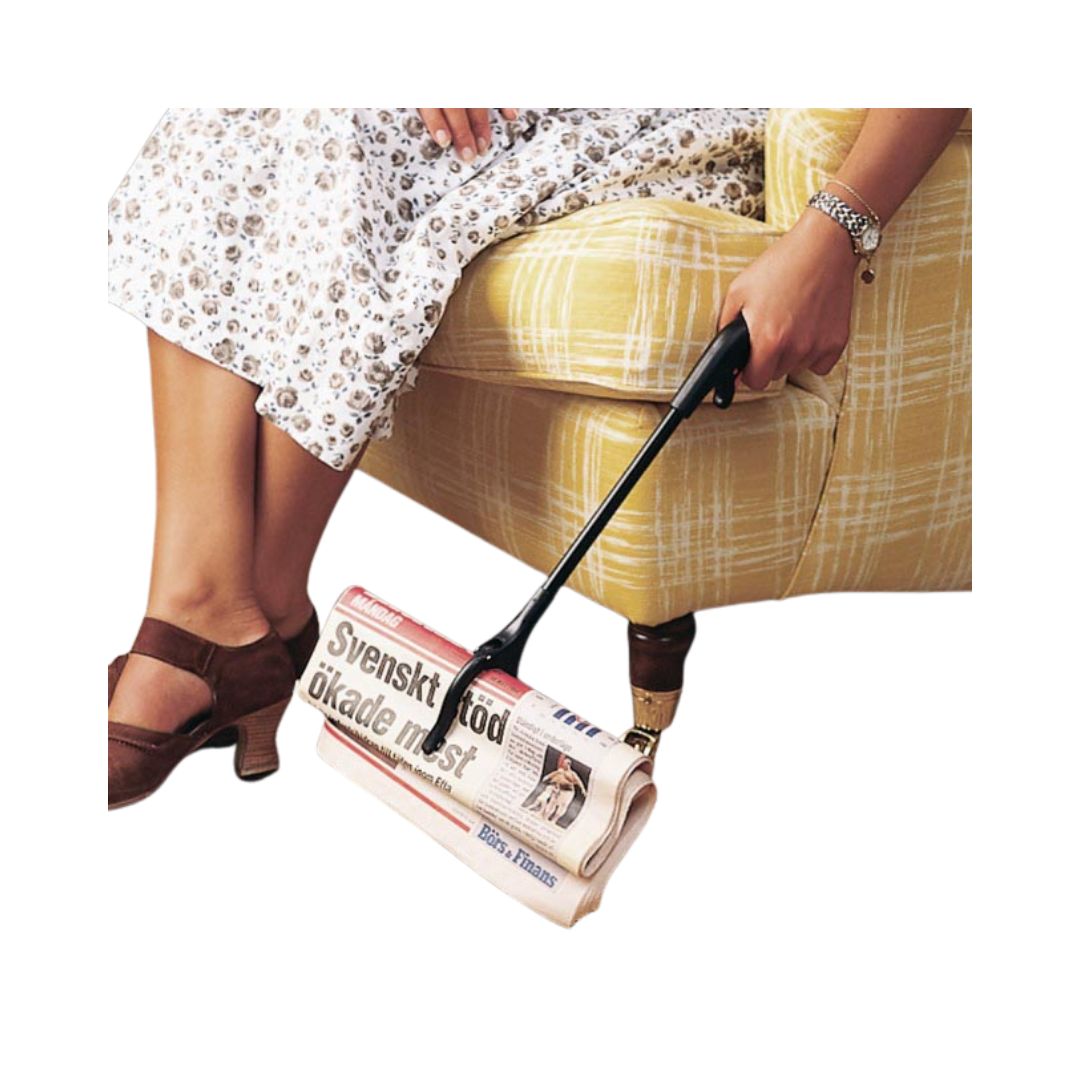
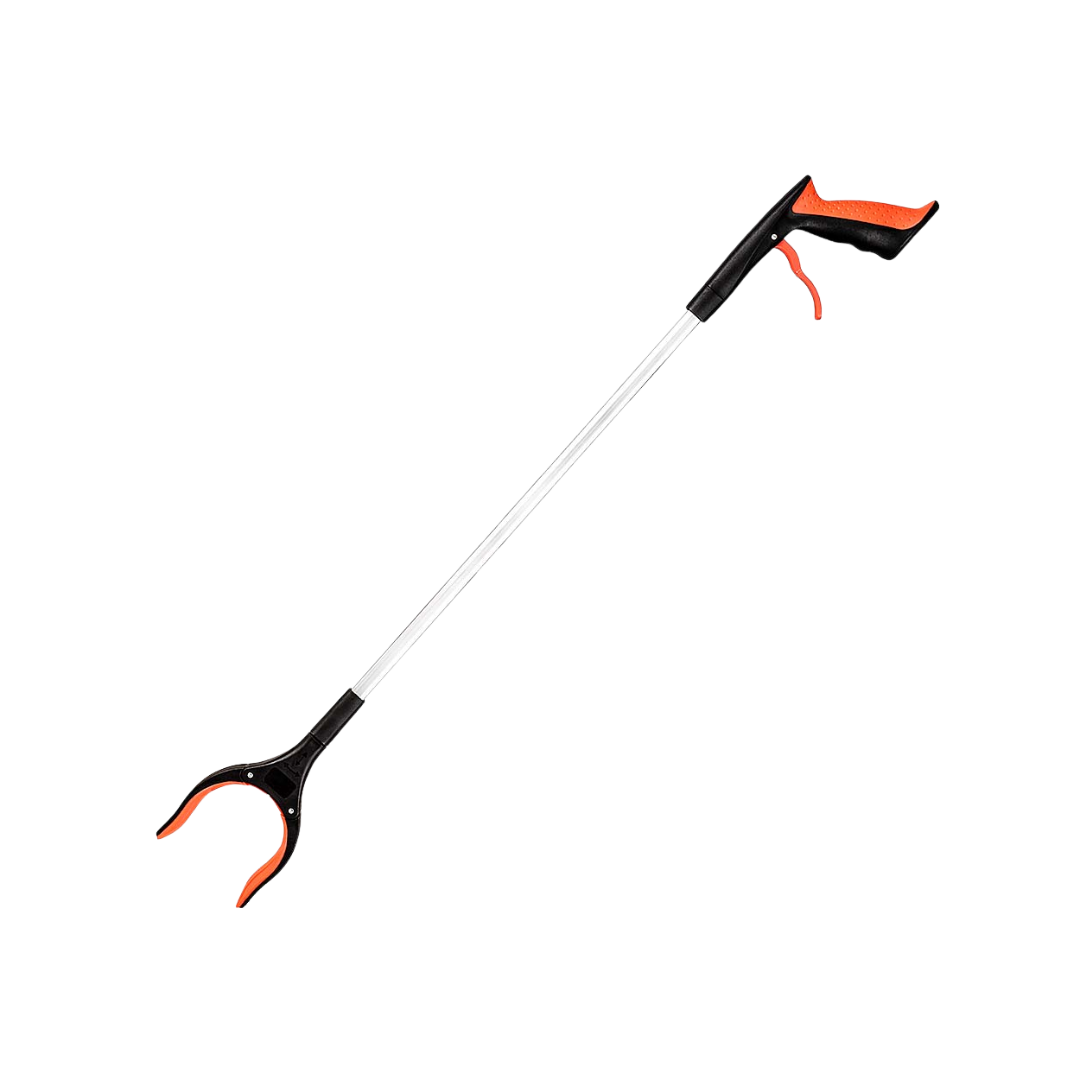
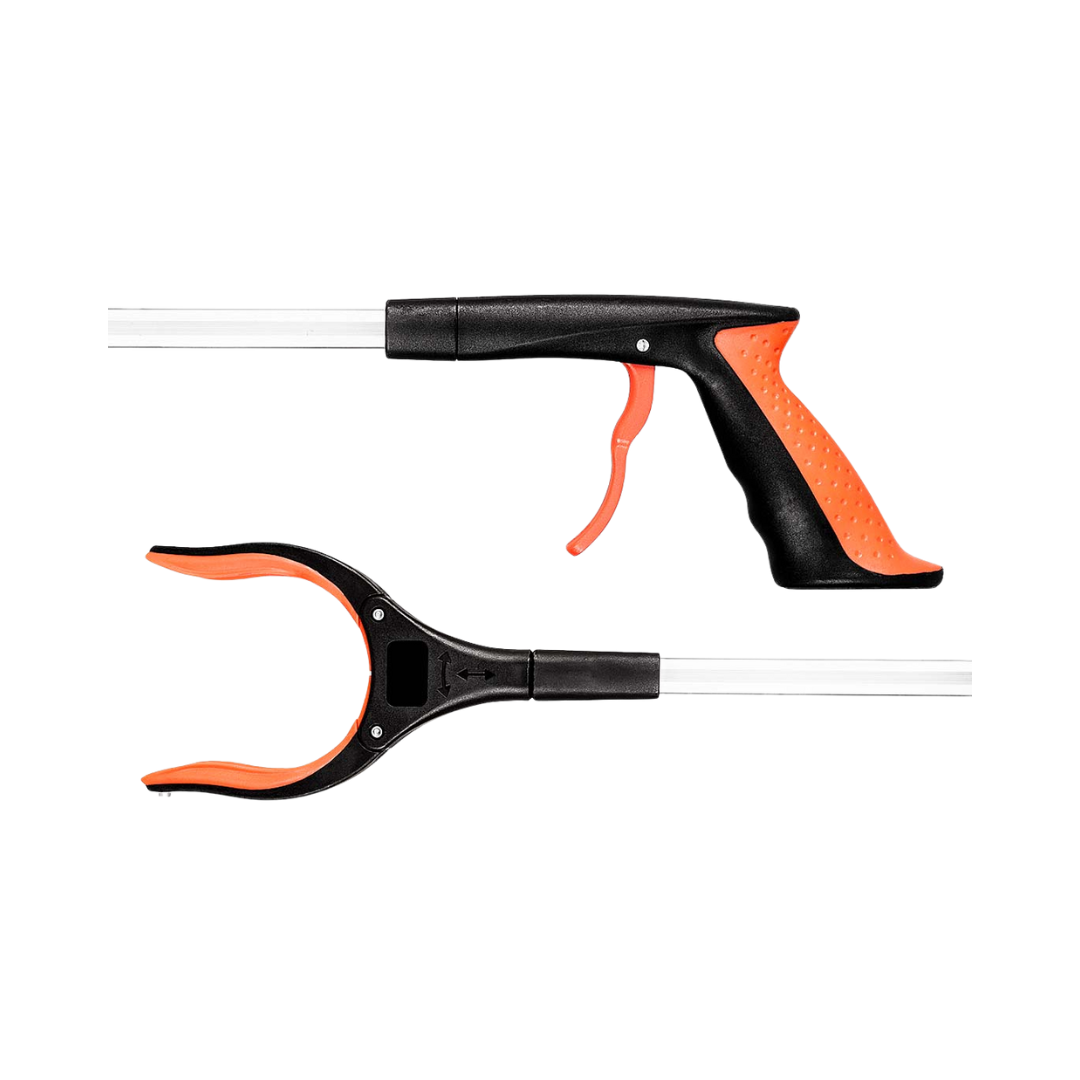
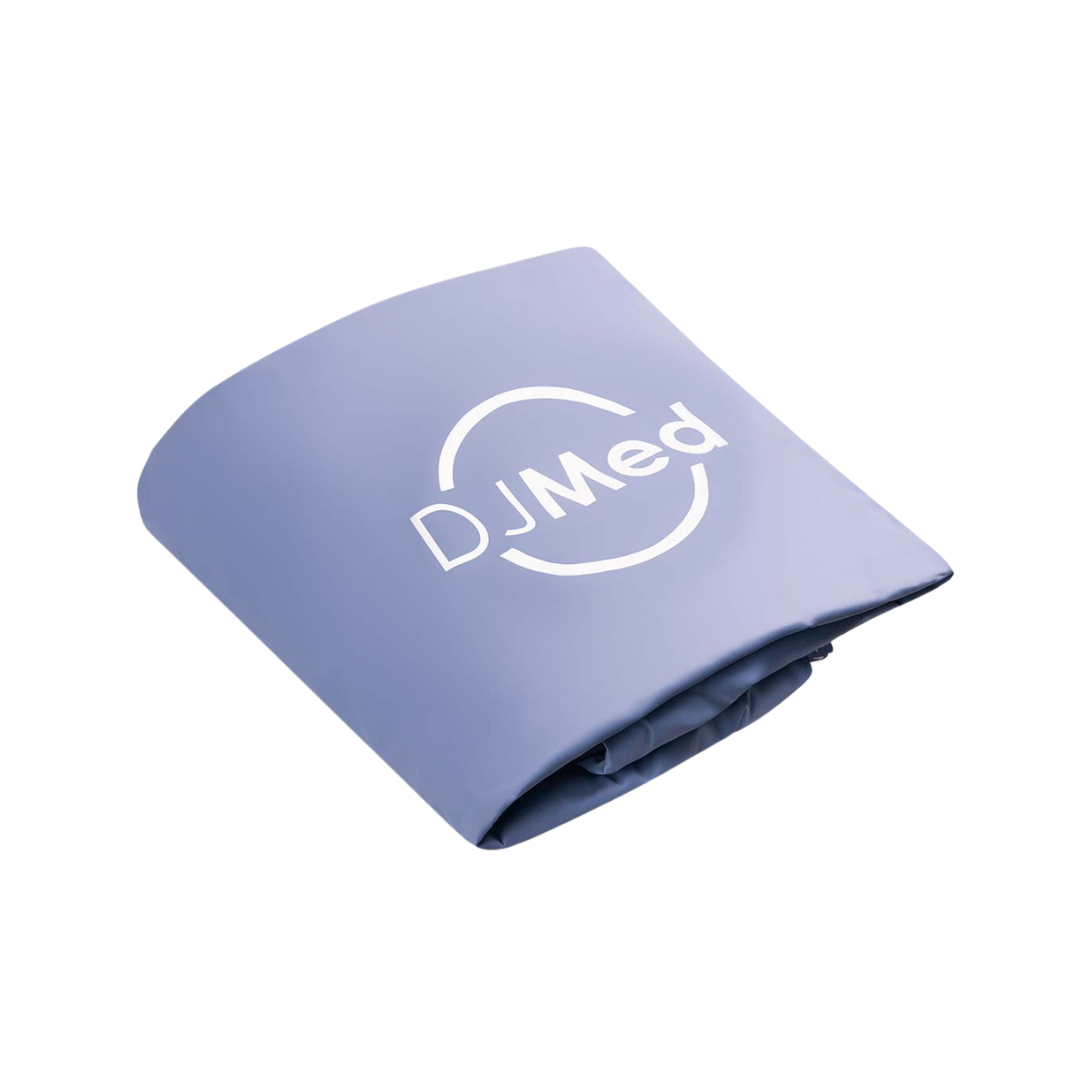
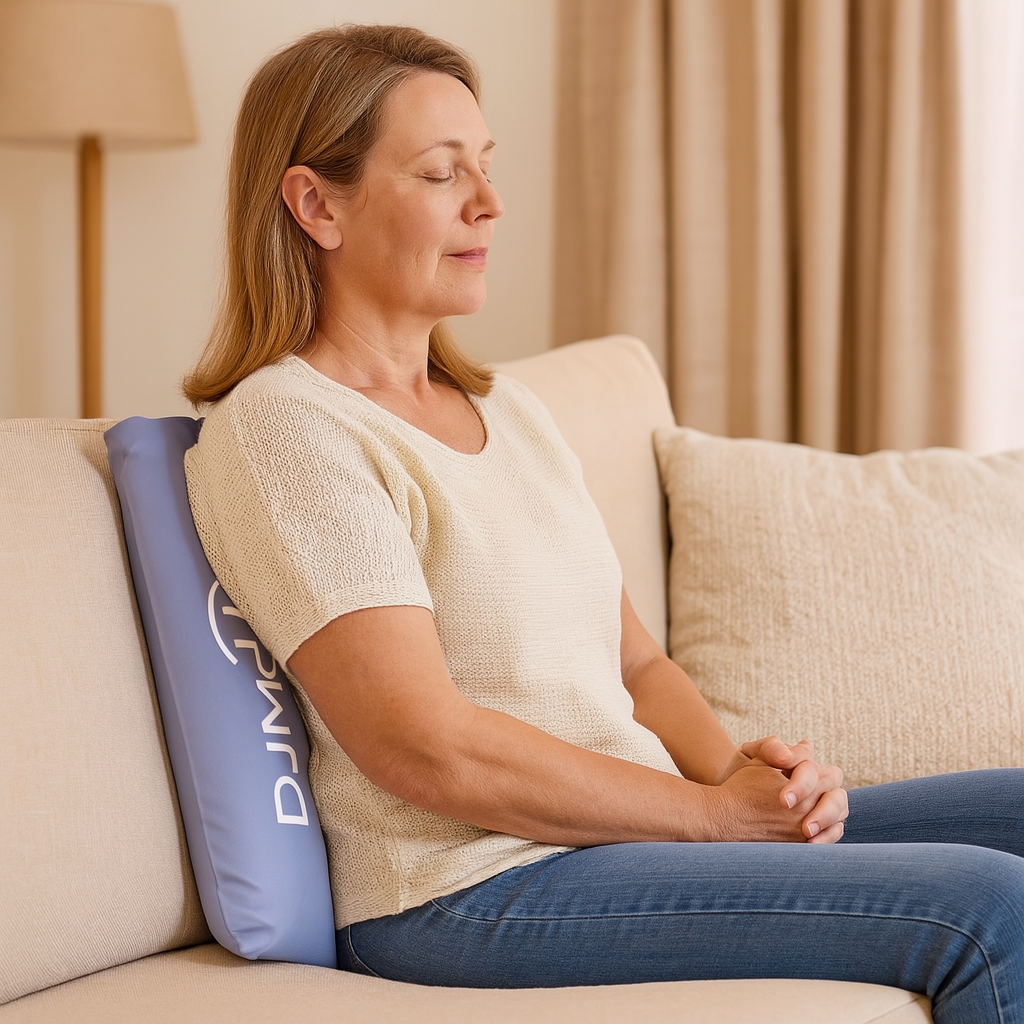
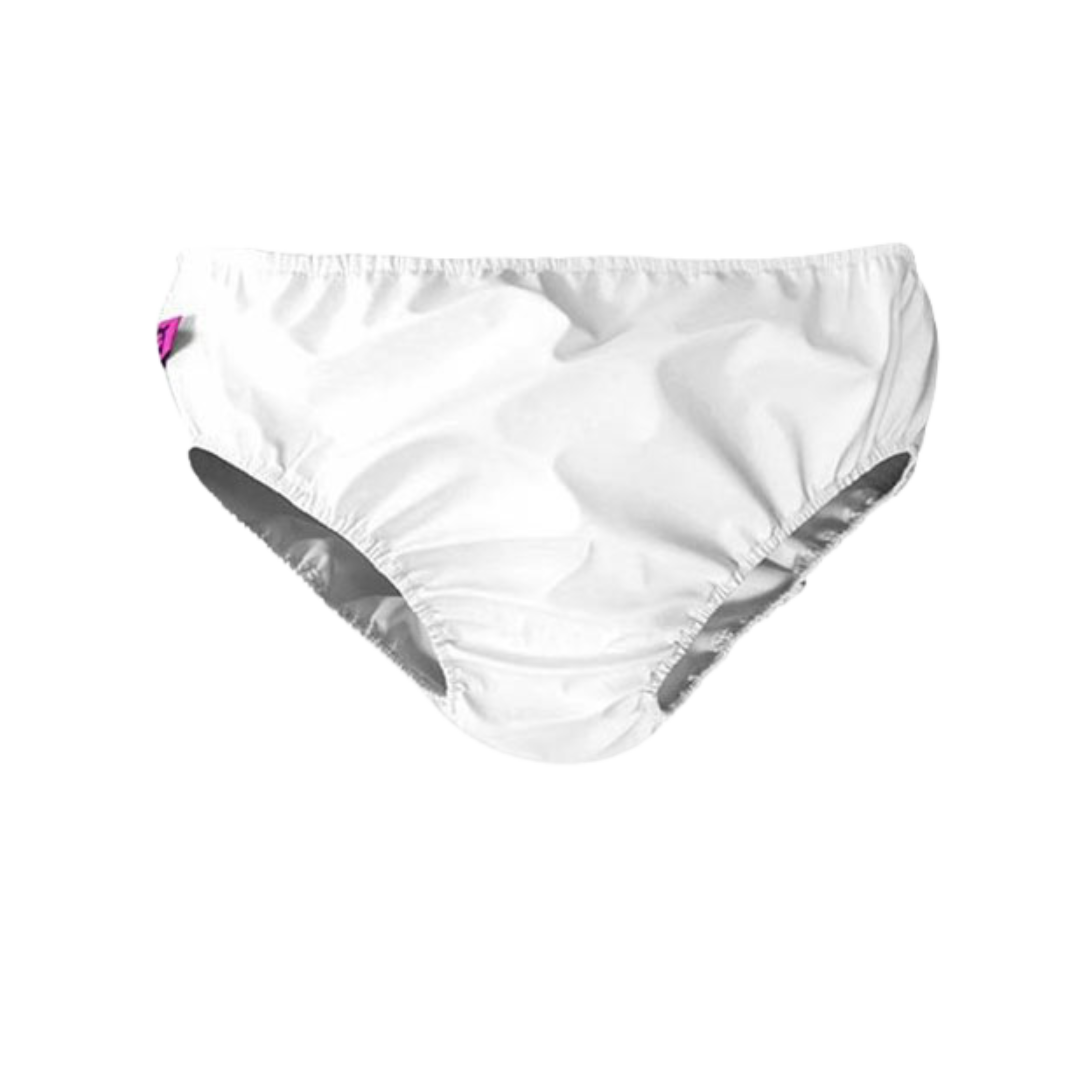
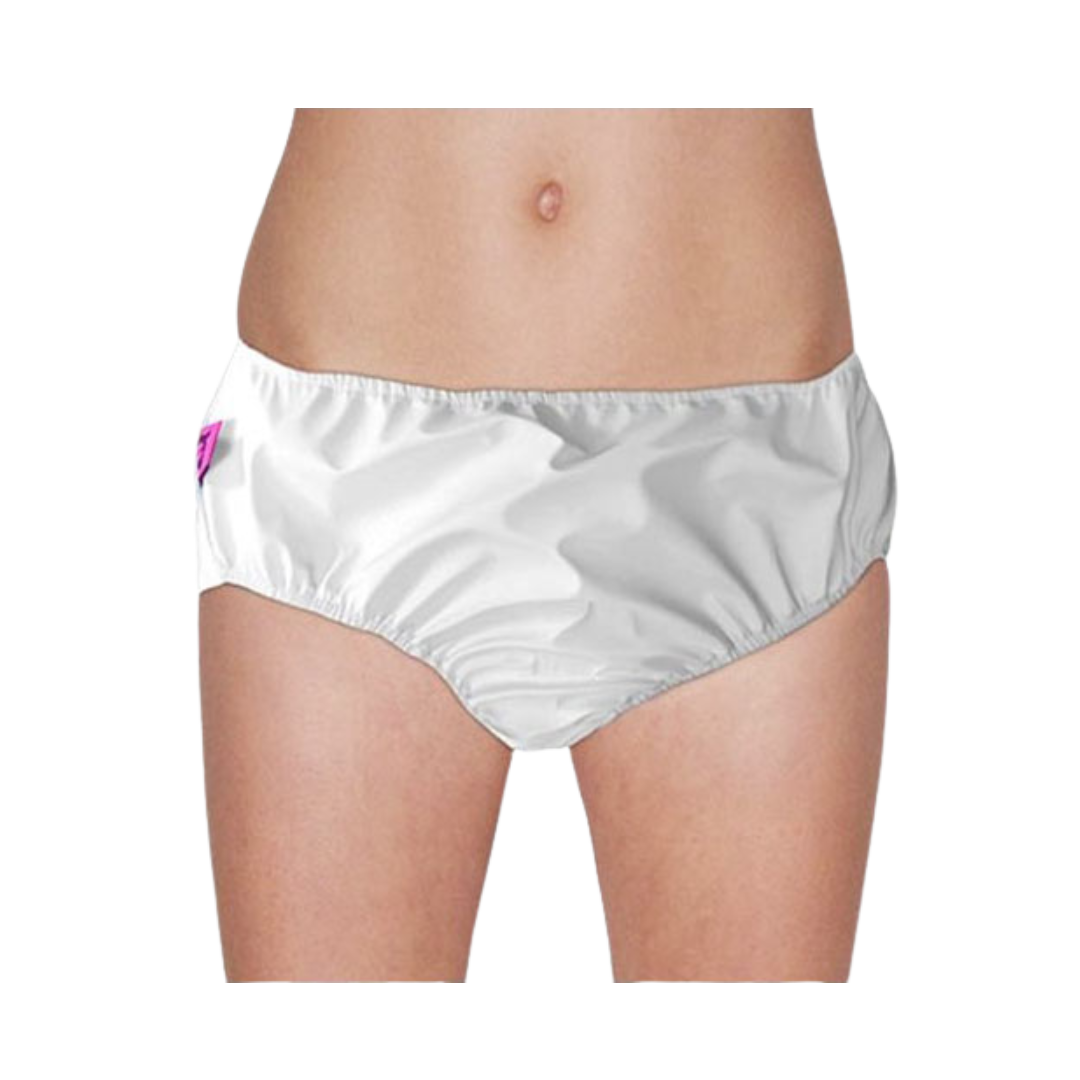
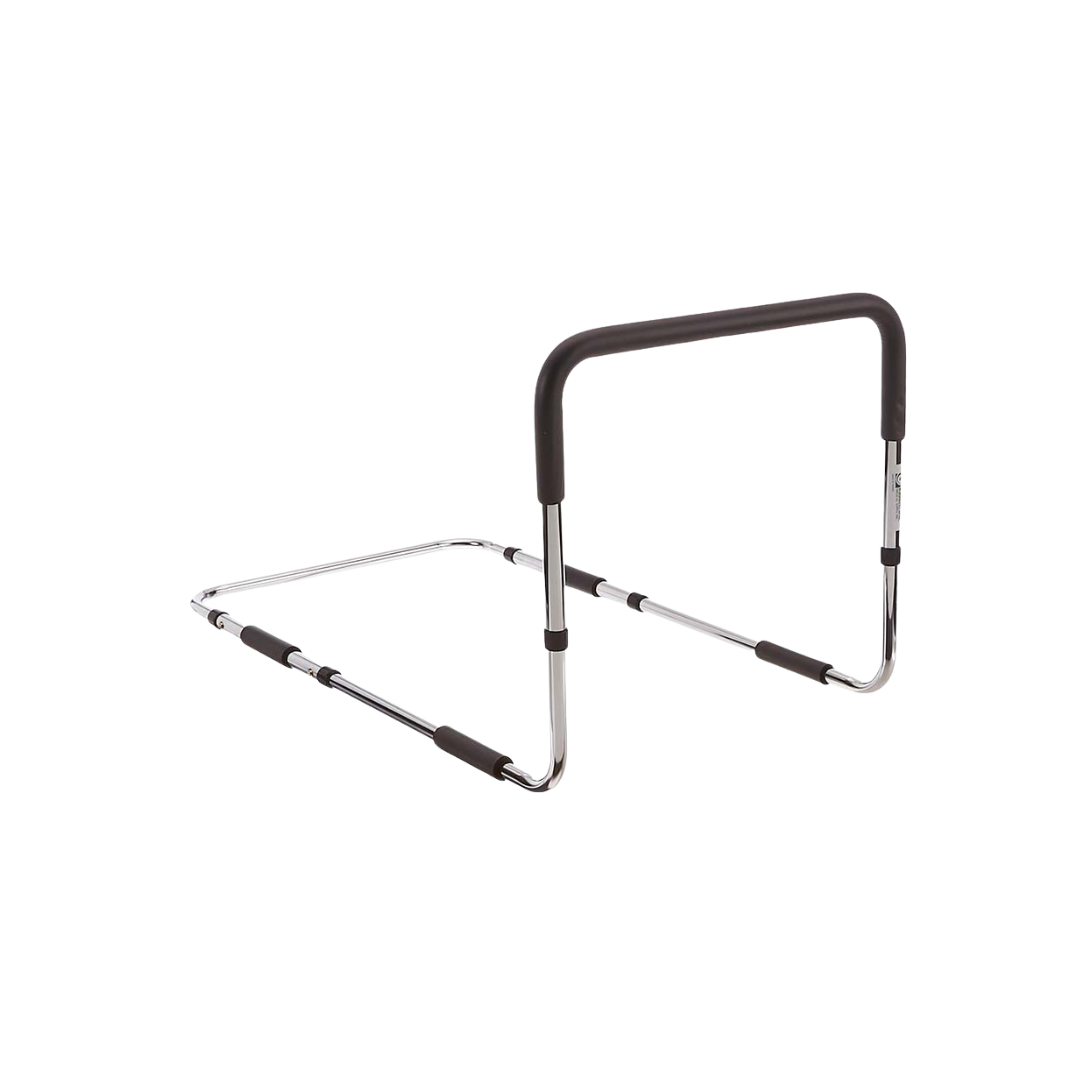
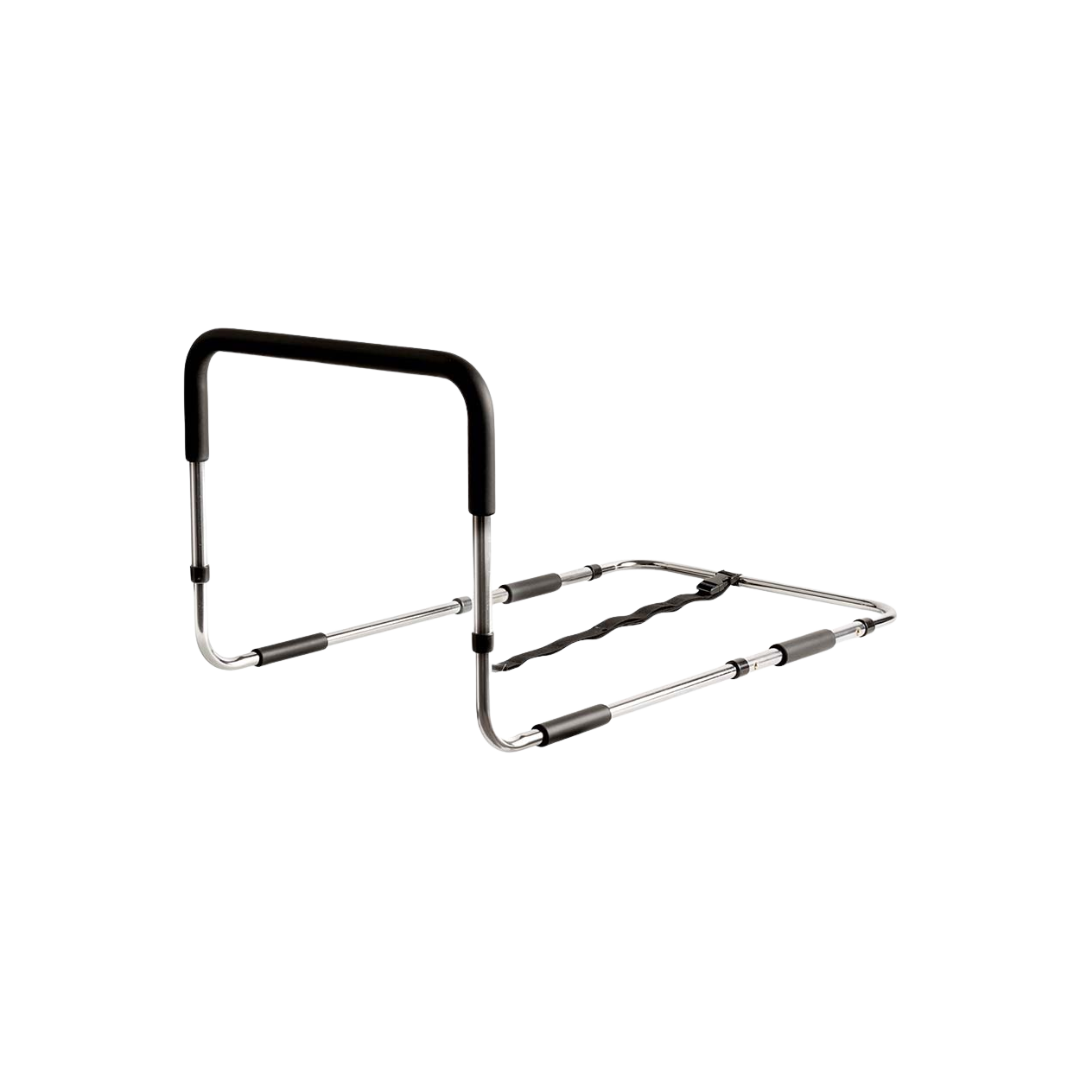
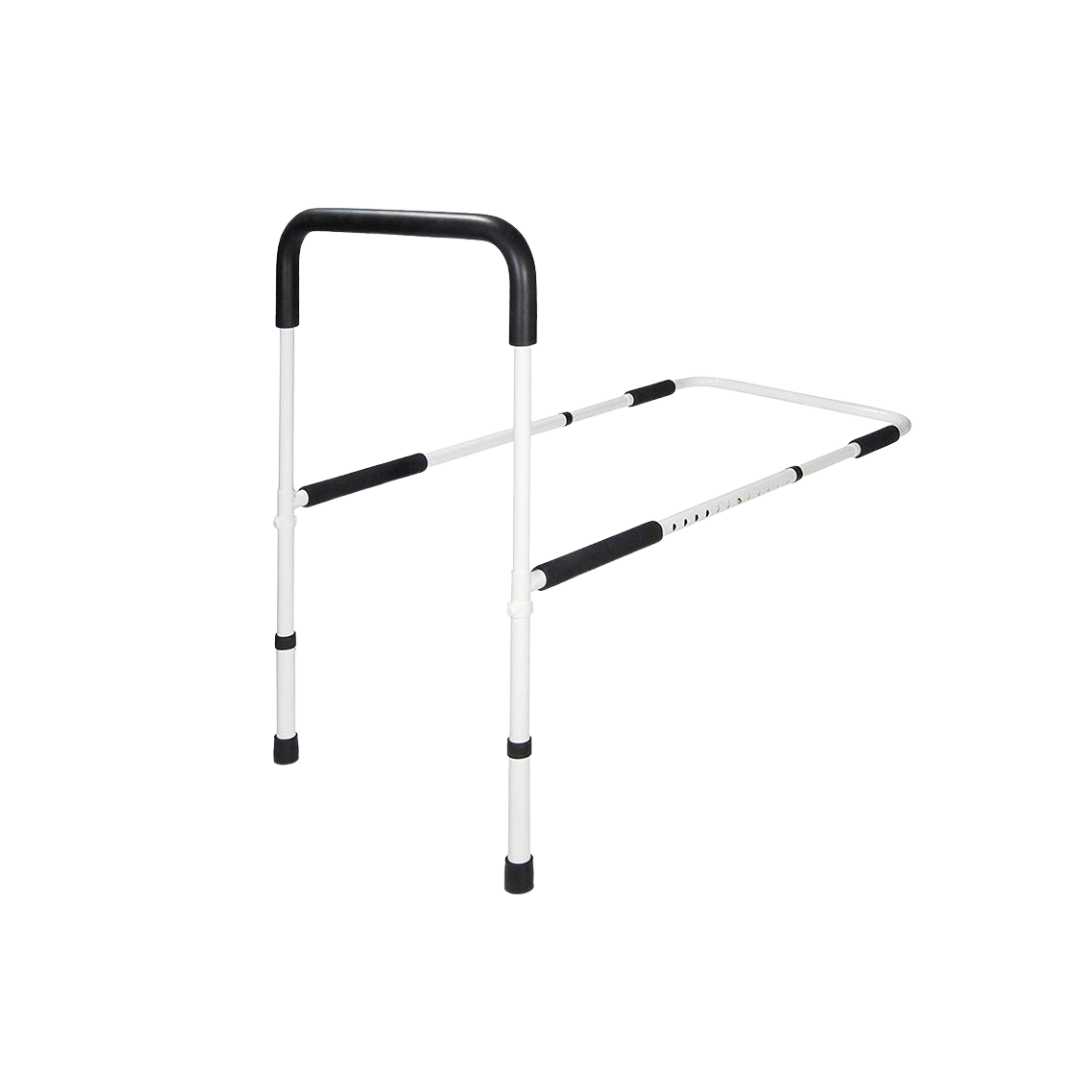
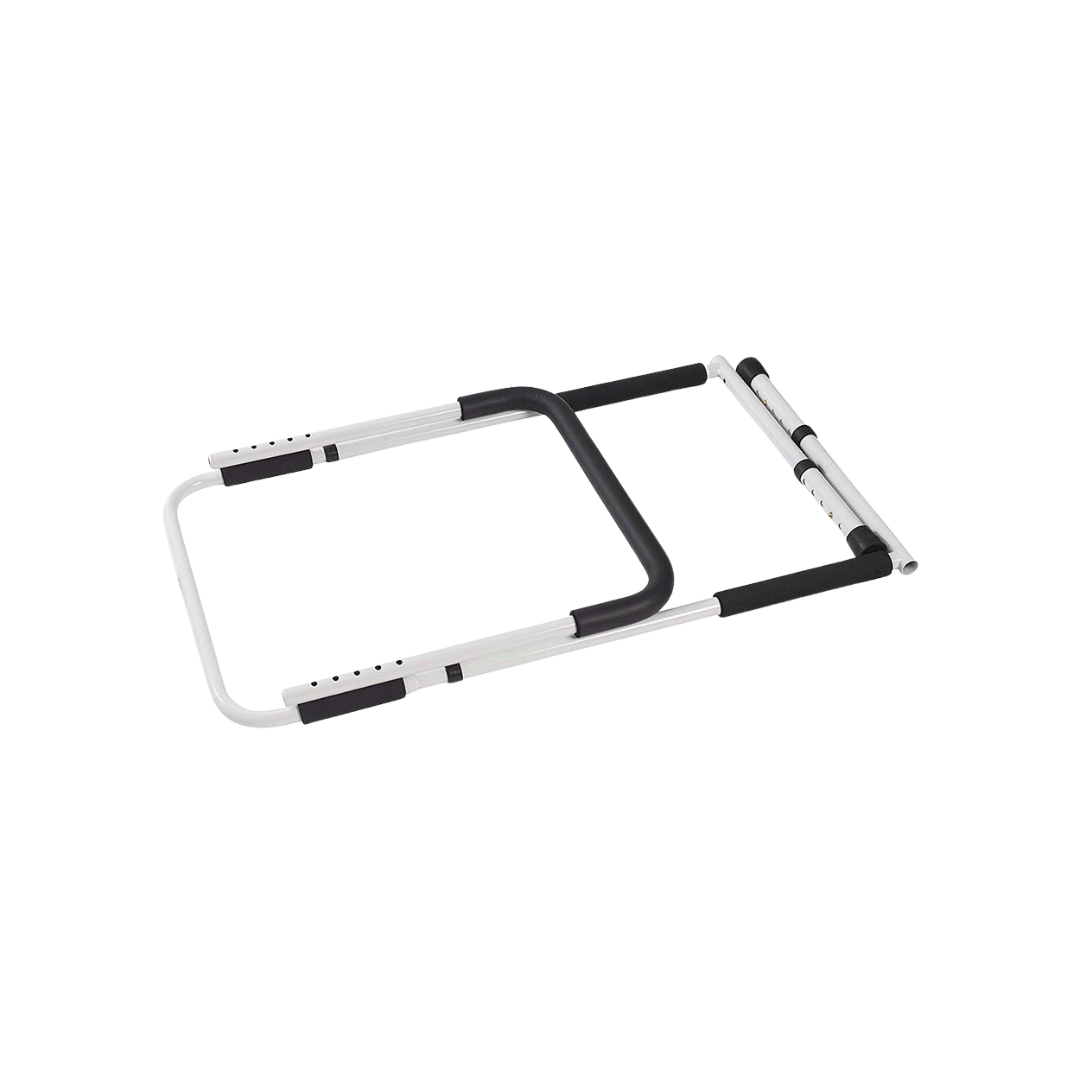
Recently viewed
FAQs
Home care products support daily living, mobility, hygiene and safety for people receiving care at home, helping them stay independent and comfortable.
Home care equipment is ideal for seniors, people with disabilities, post-surgery patients and anyone needing extra support at home.
Yes. Many home care items are designed for temporary use during recovery and can also be hired or easily stored when no longer needed.
Many home care products may be funded through NDIS, My Aged Care or DVA if they support safety, independence and daily living needs.
